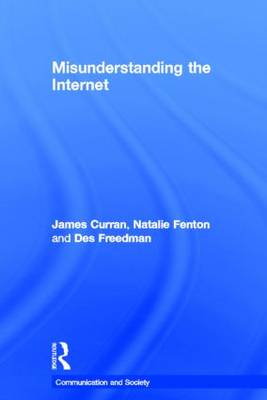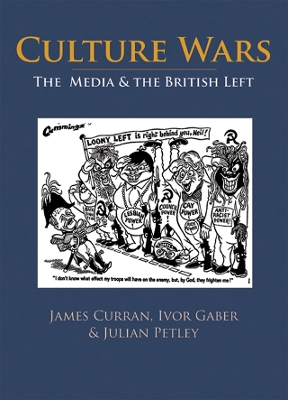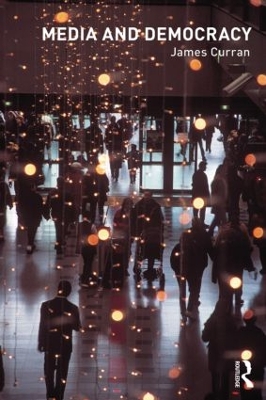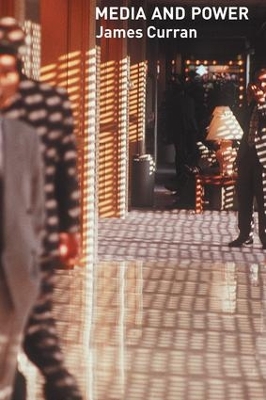Communication and Society
5 total works
Misunderstanding the Internet
by James Curran, Natalie Fenton, and Des Freedman
The growth of the internet has been spectacular. There are now more 1.5 billion internet users across the globe, about one quarter of the world's population. This is certainly a new phenomenon that is of enormous significance for the economic, political and social life of contemporary societies.
However, much popular and academic writing about the internet takes a technologically deterministic view, assuming that the internet's potential will be realised in essentially transformative ways. This was especially true in the euphoric moment of the mid-1990s, when many commentators wrote about the internet with awe and wonderment. While this moment may be over, its underlying technocentrism - the belief that technology determines outcomes - lingers on, and with it, a failure to understand the internet in its social, economic and political context.
Misunderstanding the Internet is a short introduction, encompassing the history, sociology, politics and economics of the internet and its impact on society. The book has a simple three part structure:
- Part 1 looks at the history of the internet, and offers an overview of the internet's place in society
- Part 2 focuses on the control and economics of the internet
- Part 3 examines the internet's political and cultural influence
Misunderstanding the Internet is a polemical, sociologically and historically informed textbook that aims to challenge both popular myths and existing academic orthodoxies around the internet.
*For the general reader, it offers a very readable account of the entry of 1960s values into mainstream politics, and the culture wars that have been fought ever since.
Media and Democracy addresses key topics and themes in relation to democratic theory, media and technology, comparative media studies, media and history, and the evolution of media research. For example:
- How does TV entertainment contribute to the democratic life of society?
- Why are Americans less informed about politics and international affairs than Europeans?
- How should new communications technology and globalisation change our understanding of the democratic role of the media?
- What does the rise of international ezines reveal about the limits of the internet?
- What is the future of journalism?
- Does advertising influence the media?
- Is American media independence from government a myth?
- How have the media influenced the development of modern society?
Professor Curran’s response to these questions provides both a clear introduction to media research, written for university undergraduates studying in different countries, and an innovative analysis written by one of the field’s leading scholars.
Media and Power addresses three key questions about the relationship between media and society.
*How much power do the media have?
*Who really controls the media?
*What is the relationship between media and power in society?
In this major new book, James Curran reviews the different answers which have been given, before advancing original interpretations in a series of ground-breaking essays.
This book also provides a guided tour of the major debates in media studies. What part did the media play in the making of modern society? How did 'new media' change society in the past? Will radical media research recover from its mid-life crisis? Is public service television the dying product of the nation in an age of globalization? Media and Power provides both a clear introduction to media research and an innovative analysis of media power.




